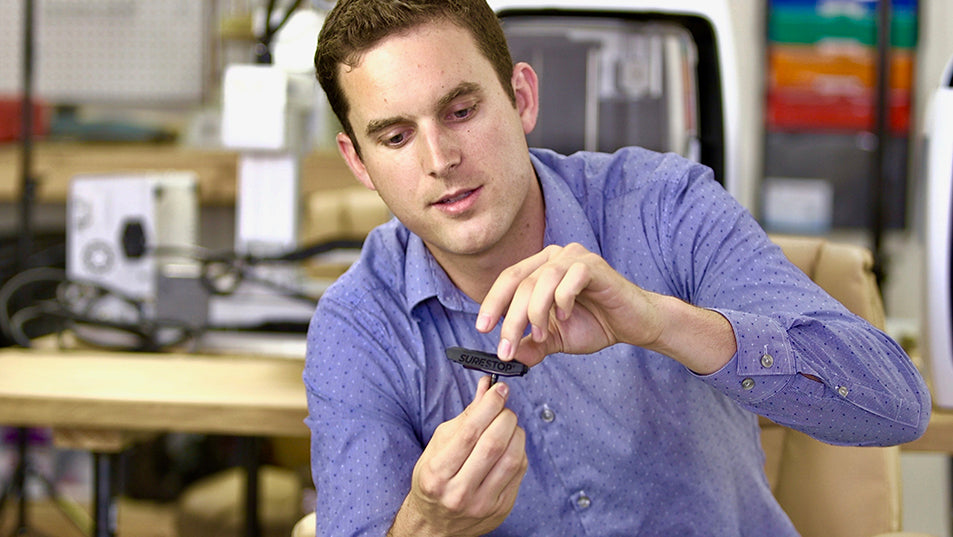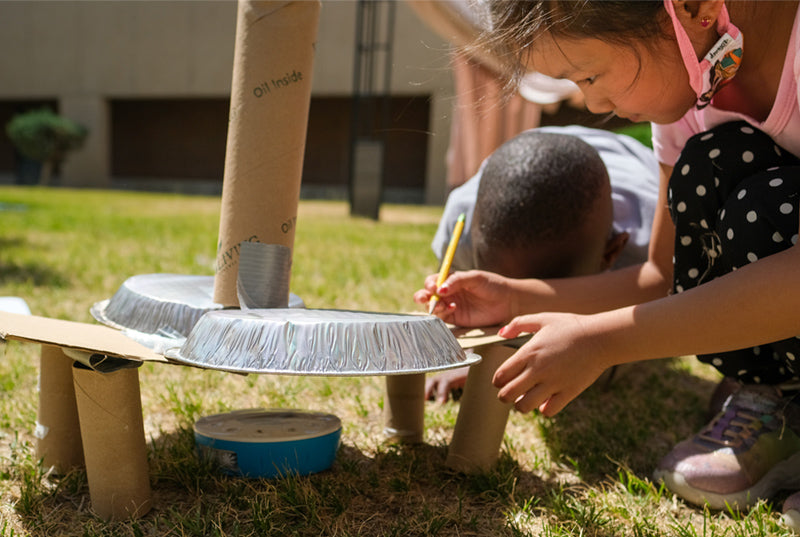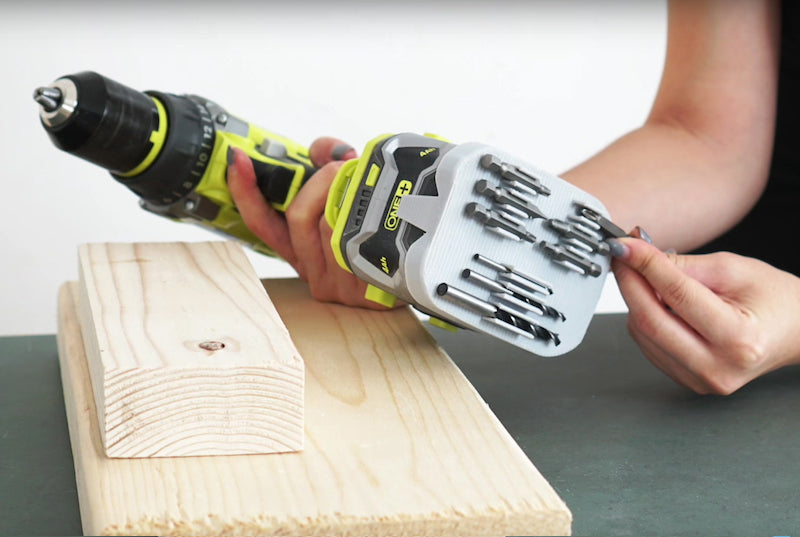This is the first in a two-part blog series highlighting how Guardian Bikes — a company focused on manufacturing the world’s safest children’s bicycles — uses Robo's 3D printers to develop and test its celebrated SURESTOP braking technology, and how 3D printing led to inspiration and innovation within the company.
Guardian Bikes founder, Brian Riley, had inspiration for his SURESTOP braking technology after a tragic bicycle accident impacted his family. The SURESTOP technology is a tiered, one-lever component braking system on a bicycle that uses the rear brake and force of rear wheel to activate the front brake and provide a safer, more fluid stop.
His grandfather was out for a bicycle ride — an activity he enjoyed regularly. But on that specific day, no one knew that a simple move to come to a stop would change everything.
Riley’s grandfather ended up being catapulted over the handlebars and landing on his head, suffering several broken vertebrae in his neck after he engaged his bicycle’s front brake too hard during an emergency stop.
His grandfather eventually recovered, but Riley was left with a major problem to solve that he couldn’t stop thinking about. He wanted to figure out a way to eliminate this type of accident so it didn’t happen to others. This problem-solving mentality led to the invention of his SURESTOP braking technology.
Those early days of development weren’t easy as Riley experienced a significant amount of trial and error while prototyping. In 2009, consumer 3D printing wasn’t a viable option, either. And he inevitably leaned on the machinist know-how of his co-founder and a CNC machine to bring his idea to life.
Even with those advanced resources at hand, prototyping iterations took weeks and were costly. He also had to factor in material preparation, making fixtures, and programing the CNC machine — to name a few other obstacles in his path, all slow points in a process that impeded rapid time-to-market, and even had a tendency to stagnate ideas.
“We finally developed a market-ready product, but it took us several years and probably 50 different product iterations,” Riley said. “This whole process would have gone much faster with where 3D printing is at today.”
As he worked the process of bringing his product to market — including an appearance on the TV show Shark Tank and eventual backing by start-up business guru, Mark Cuban — Riley had to find a way to ensure his idea integrated with a wider range of bicycles.
His research led to Robo’s 3D printers as the quick and efficient solution to enabling product iterations. And that’s when he realized 3D printers were the answer that tied it all together and at a fraction of the cost.
To find out more how Guardian Bikes used Robo 3D printers to accelerate their time to market, check out the full case study here.





